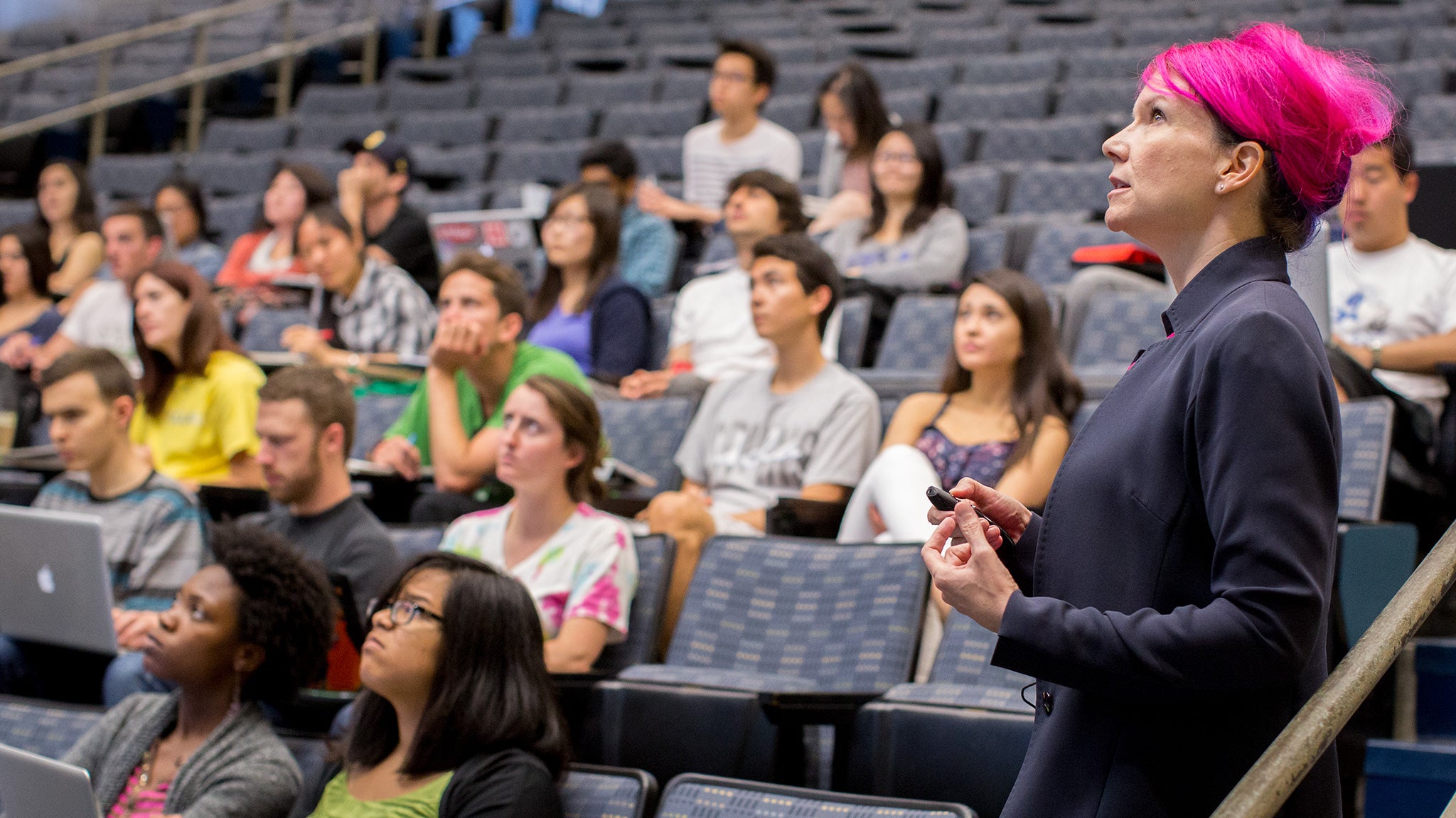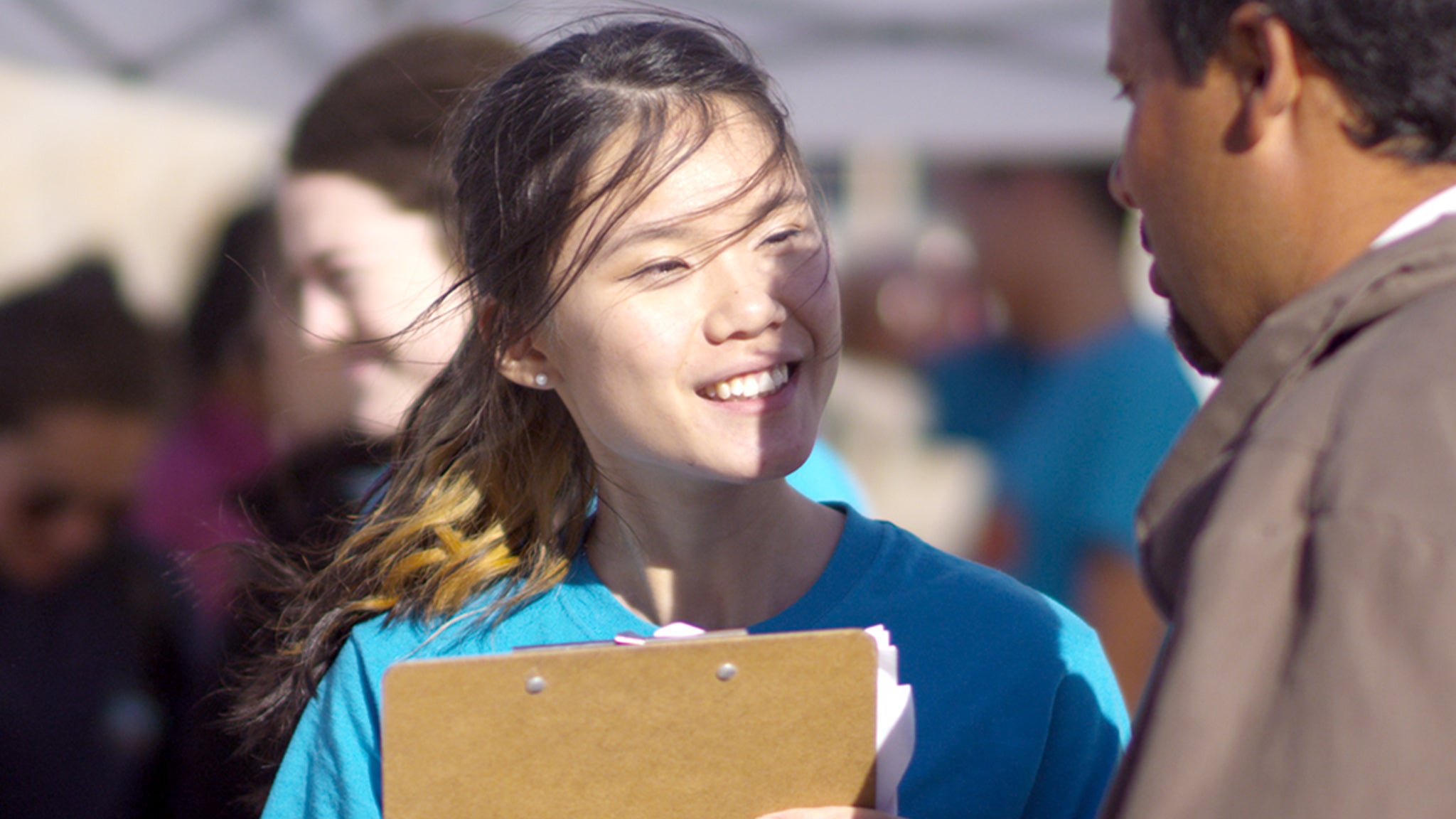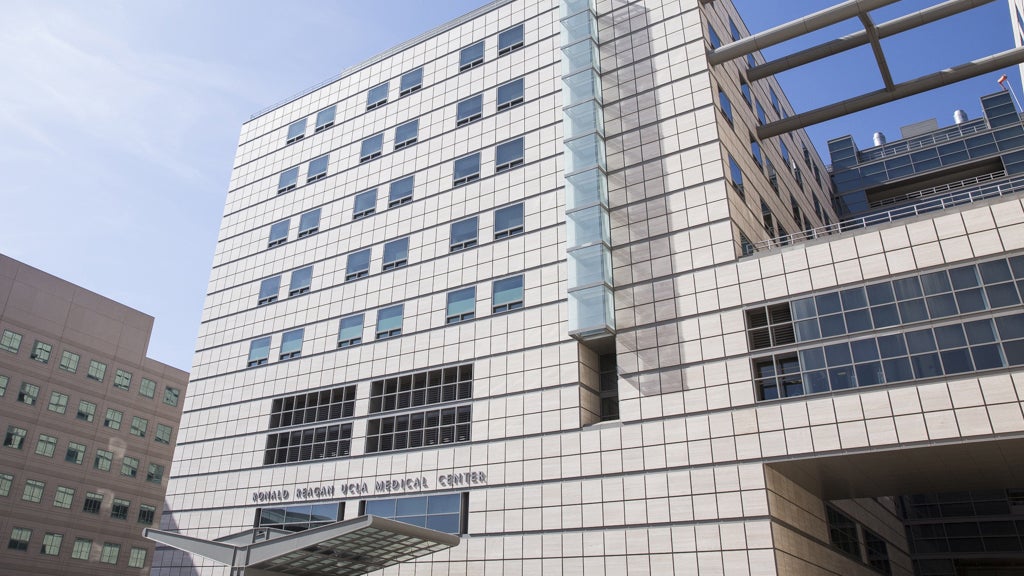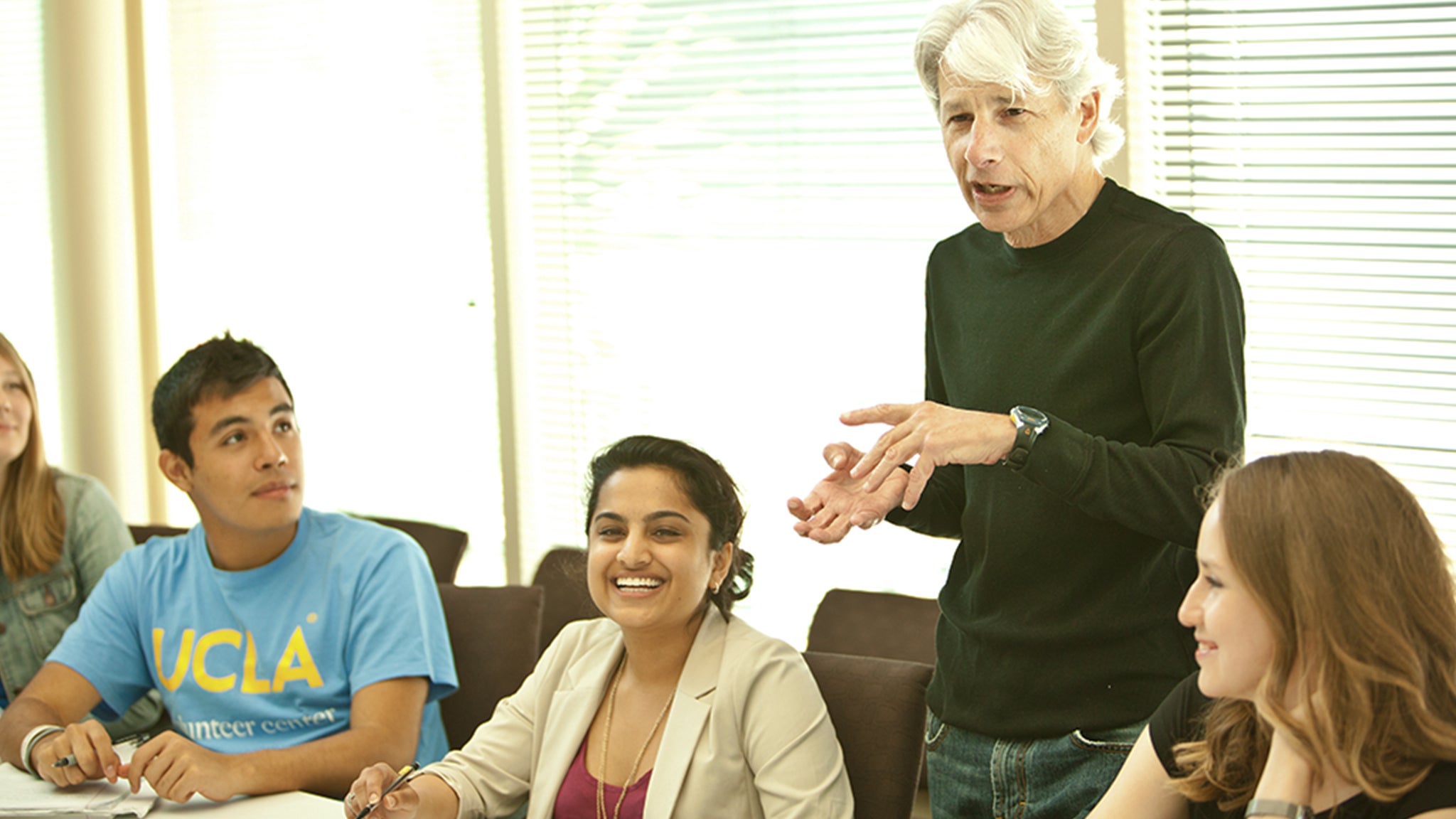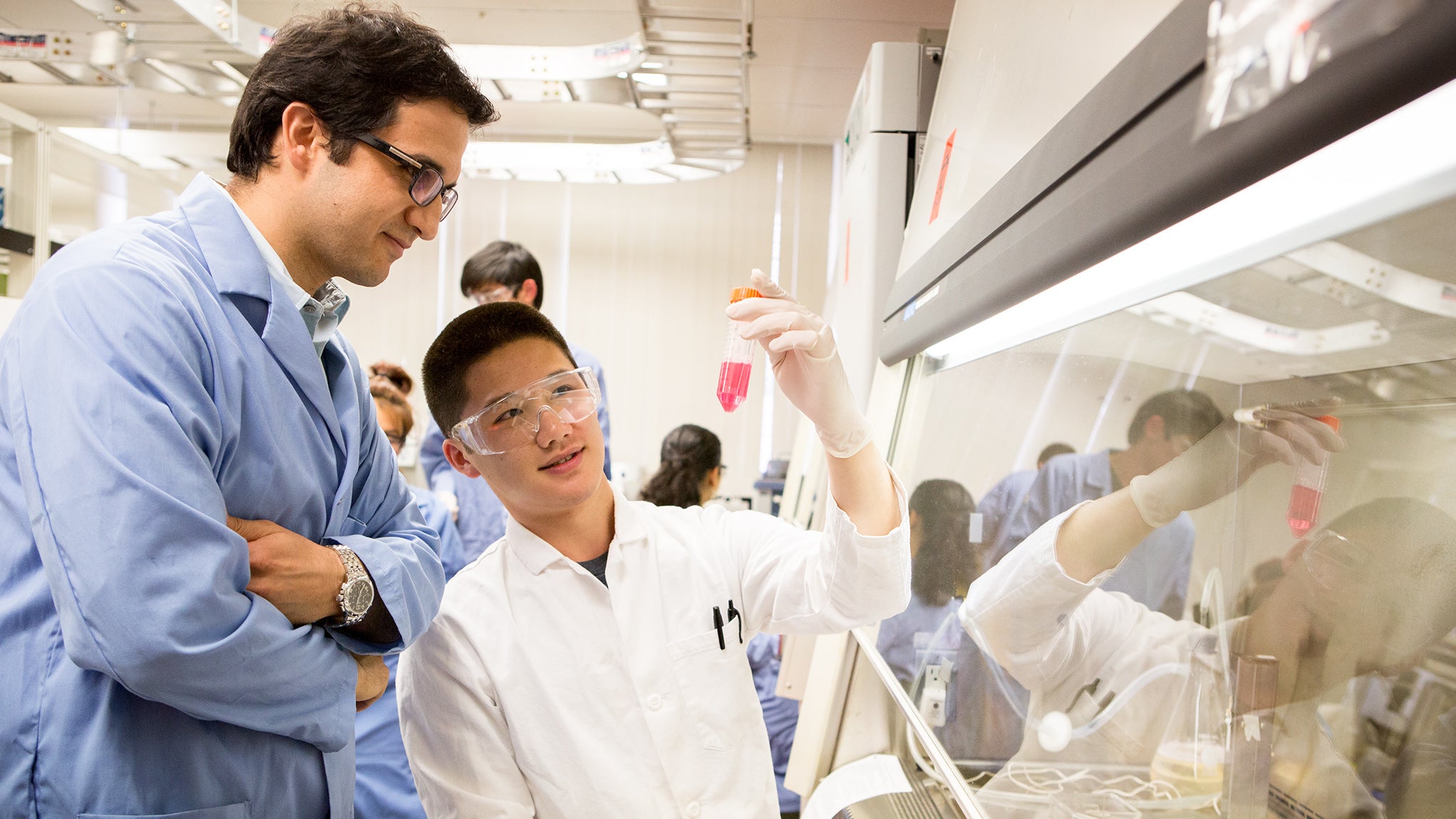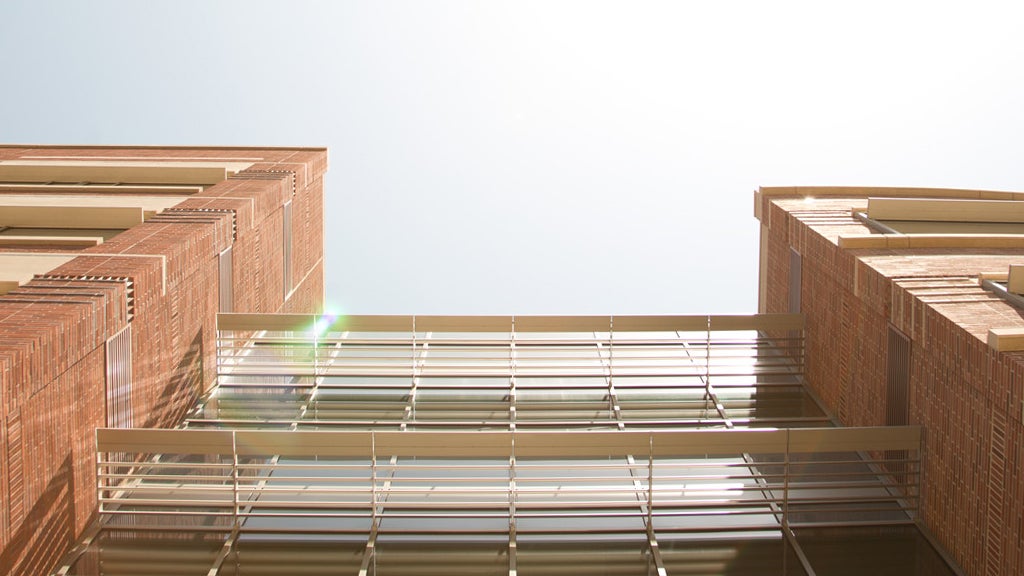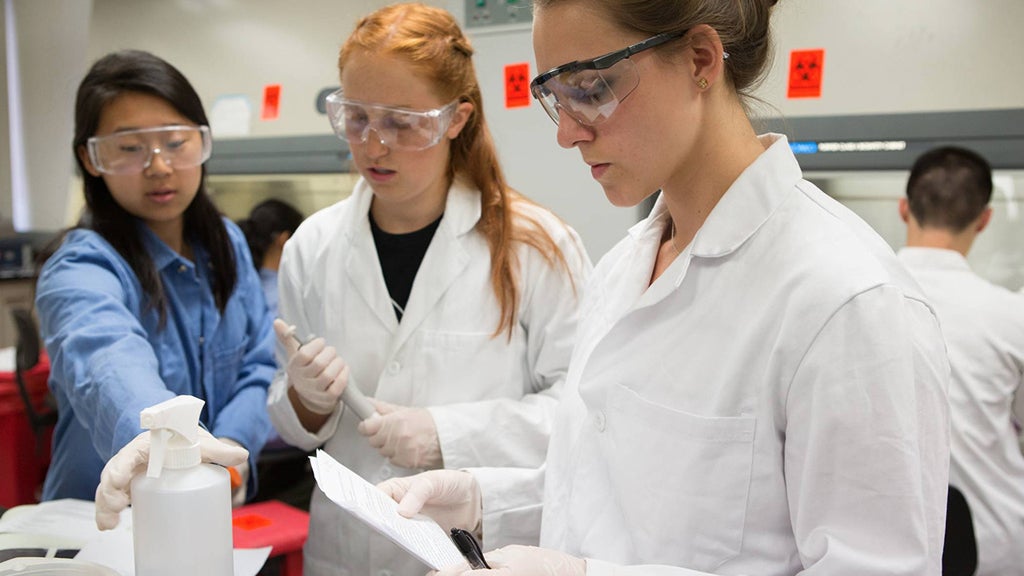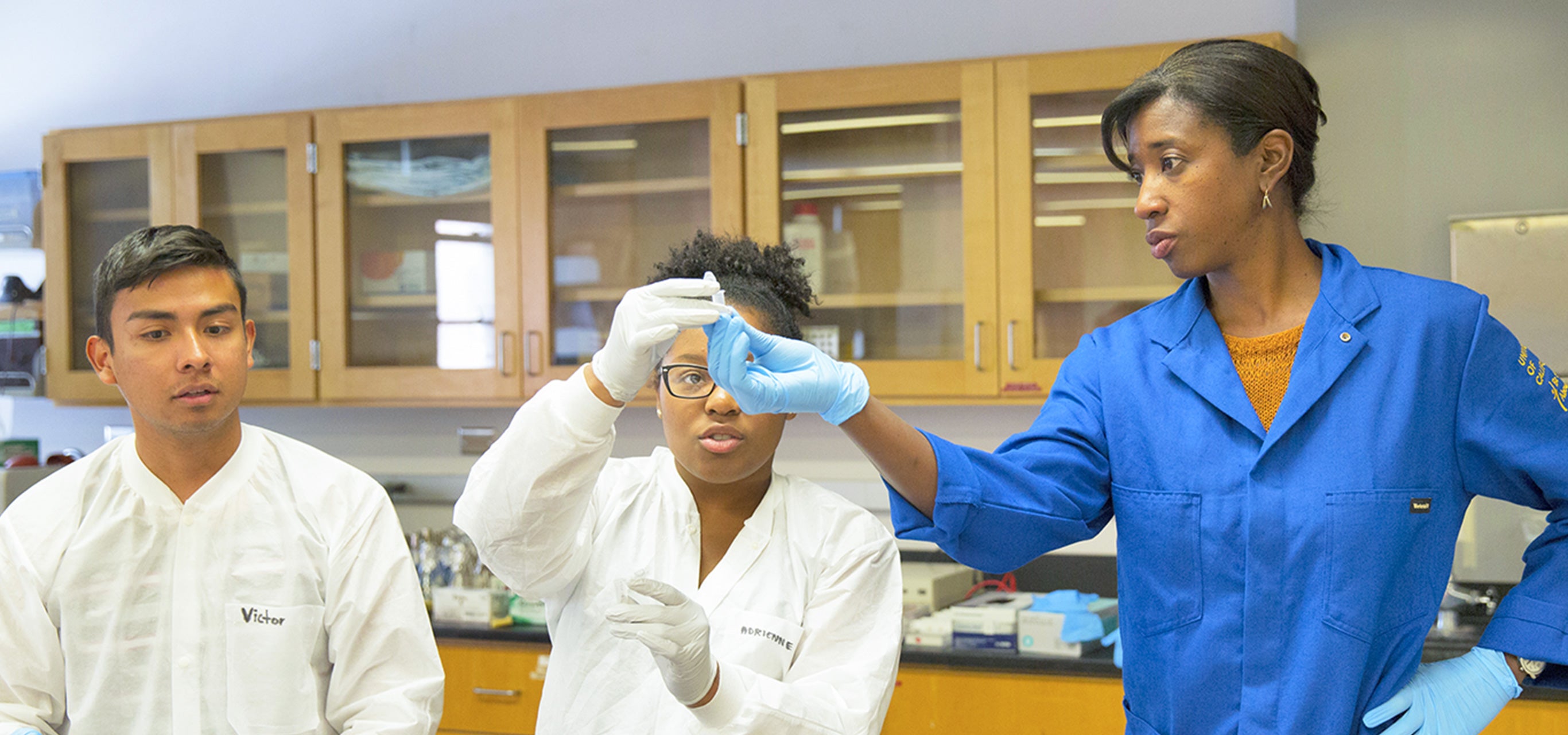
If you like to explore the secrets of human organisms or think you might have a talent for healing, you may find your calling in the biological sciences and health field. Students in this field are fascinated by life, from single cells to the human body as a whole.
Academic Majors and Minors
Here are some of the majors and minors available in this field of study:
Most Popular Majors
- Biology
- Microbiology, Immunology and Molecular Genetics
- Molecular, Cell and Developmental Biology
- Physiological Science
Trending Majors
- Computational and Systems Biology
- Ecology, Behavior and Evolution
- Human Biology and Society
Intriguing Minors
- Biomedical Research
- Conservation Biology
- Evolutionary Medicine
- Food Studies
- Society and Genetics
Ronald Reagan UCLA Medical Center is ranked #1 in California and #5 nationally — and it’s right on campus.
Through programs like UCLA Care Extenders, students in any major can train as volunteers to assist medical staff and gain firsthand experience.
Noteworthy Faculty
Here are just a few of the many professors in this field of study who’ve had a remarkable impact in their area of expertise.
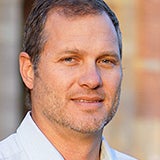
Paul Barber
Barber, a marine biologist, strives to advance diversity in STEM fields. He created UCLA’s Diversity Project, a summer research intensive that takes underrepresented minority students to places like French Polynesia to study marine biodiversity.
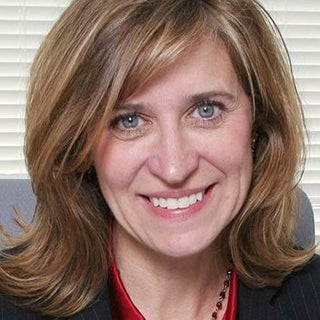
Barbara Bates-Jensen
A world-renowned researcher, author and inventor, Bates-Jensen was a co-developer of the SEM Scanner, a wireless wound assessment device that can detect pressure injuries up to 10 days before damage is visible. The device transformed pressure ulcer care.
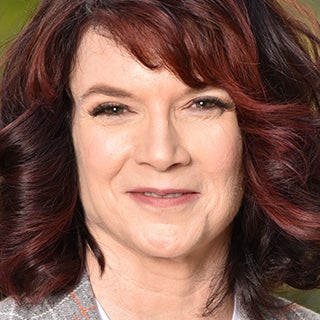
Rachelle Crosbie
Crosbie is passionate about understanding the molecules that drive muscle cell function. Her pioneering research on Duchenne muscular dystrophy has helped young people suffering from the deadly disease. She and her team continue to work on finding a cure.
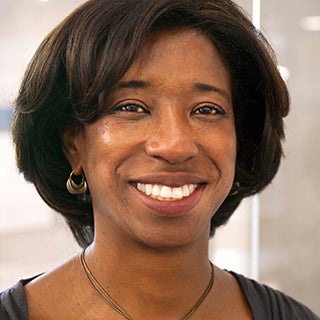
Tracy Johnson
A recipient of the National Science Foundation Career Award, Johnson was recently named dean of the division of life sciences. She uses innovative and active techniques to engage students, including those helping investigate gene splicing and transcription in her lab.
Notable Alumni
Bruins have achieved great heights in all walks of life — health, sports, entertainment, public service, science and technology, and arts and letters. Here are some alumni in this field of study who have had a noticeable impact on the world.
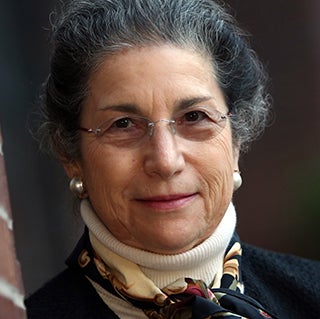
Patricia Ganz
Research pioneer and advocate for breast cancer survivors
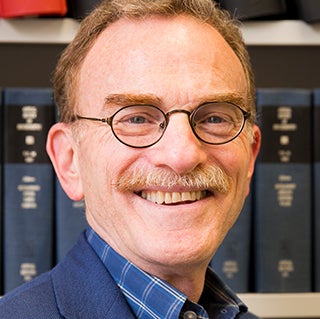
Randy Schekman
Winner of the 2013 Nobel Prize in Physiology or Medicine
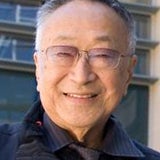
Paul Terasaki
Tissue-typing revolutionary who devised the procedure for matching organ donors with organ recipients
Growth Careers in the Field
Here are a few examples of growing areas in this field of study:
Genetic Counselors
Ongoing technological innovations, including improvements in lab tests and developments in genomics, are projected to spur 27% growth in this field by 2028.
Nurse Anesthetists, Nurse Midwives and Nurse Practitioners
An increased emphasis on preventive care and demand for healthcare services from the aging baby-boom population is predicted to lead to 31% growth in these career options by 2028.
Physician Assistants
This field is projected to grow 31% by 2028 due to an increase in the aging population, which means a greater need for those who provide preventative care and treat the sick.
Related Careers
Here are a few examples of areas where this exciting field of study is growing and developing.
- Clinical Laboratory Technologists and Technicians
- Clinical Research Associate (CRA)
- Cytotechnologist
- Environmental Coordinator
- Food Scientist
- Industrial Hygienist
- Laboratory Manager
- Nuclear Medicine Technologist
- Occupational Therapist
- Physical Therapist
- Project Manager, Pharmaceuticals
- Quality Assurance Director
Testimonials
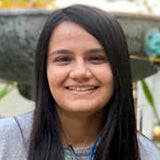
I am an undergraduate researcher in Dr. Jessica Wang’s lab dedicated to rare inherited cardiovascular diseases ... As a first-generation college student, I recognize the importance of encouraging underrepresented students to pursue higher education in STEM. With my involvement with Society for the Advancement of Chicanos and Native Americans in Science, I hope to give back to the community and empower the younger generation.
Institutes and Research
UCLA offers many resources for deepening your knowledge in your chosen field, including hundreds of research centers, institutes and labs that encourage collaboration across disciplines. Here are a few of the many options in this area:
UCLA Institute for Quantitative and Computational Biosciences
The hallmark of the QCBio faculty, who represent more than 12 departments and a broad range of biological and biomedical research areas, is to support quantitative and computational biosciences research, training and education.
Mildred E. Mathias Botanical Gardens
The Mildred E. Mathias Botanical Garden (MEMBG) is a living museum with special collections designed to assist the undergraduate teaching mission at UCLA and to augment the capability for research on campus.
La Kretz Center for California Conservation Science
The La Kretz Center helps preserve California’s biodiversity and ecosystems through research, education and public programs.
UCLA Health
Located right on campus, the Ronald Reagan UCLA Medical Center is ranked the No. 6 hospital in the nation. Undergraduate and graduate students are involved at the hospital as volunteers and researchers.

